I’m just going to come out and say it: Shinji Nohara probably has the best job in the world.
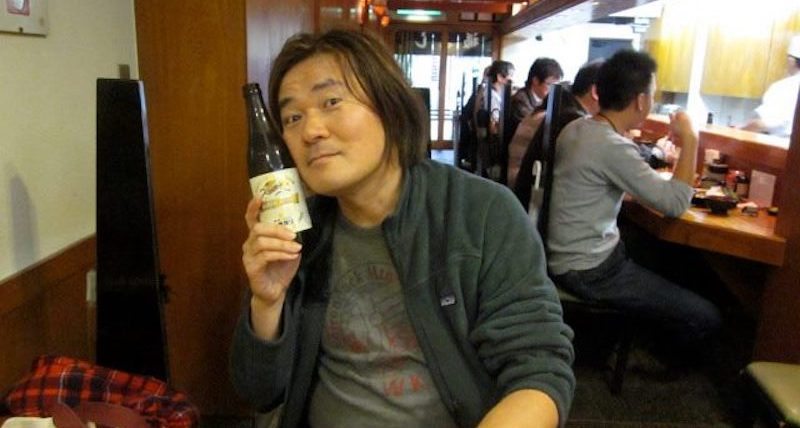
Known as the “Tokyo Fixer”, Nohara’s job is to take people to the best spots Japan has to offer. Each experience is tailored to every client’s specific tastes and he’s damn good at it.
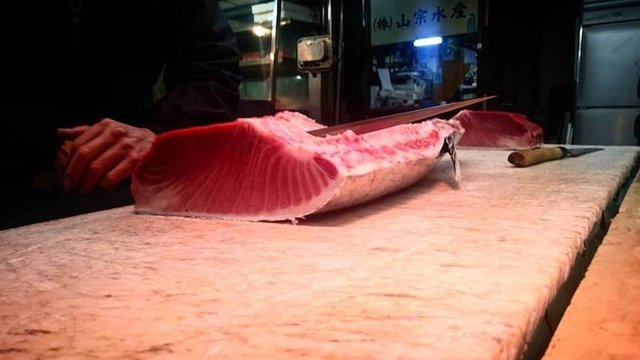
Want to explore the coveted fish auction inside Tsukiji market without waiting in line with 120 people? Nohara will get it done.
Want to book a last minute reservation at a Michelin-starred sushi restaurant? No problem.
Want to follow an acclaimed sushi chef for the day to see where he buys his ingredients and how he prepares food? Done.
Nohara is so well-versed in the secrets of Japan that the likes of Anthony Bourdain, David Chang, Naomi Pomeroy, and Wylie Dufresne have all recruited him for help in the past. In fact, he took Bourdain to try puffer fish (fugu) for the first time when he visited Japan.
During my trip to Tokyo, I had the chance to meet Shinji Nohara himself. We started messaging each other on Line, the most popular messaging app in Japan.
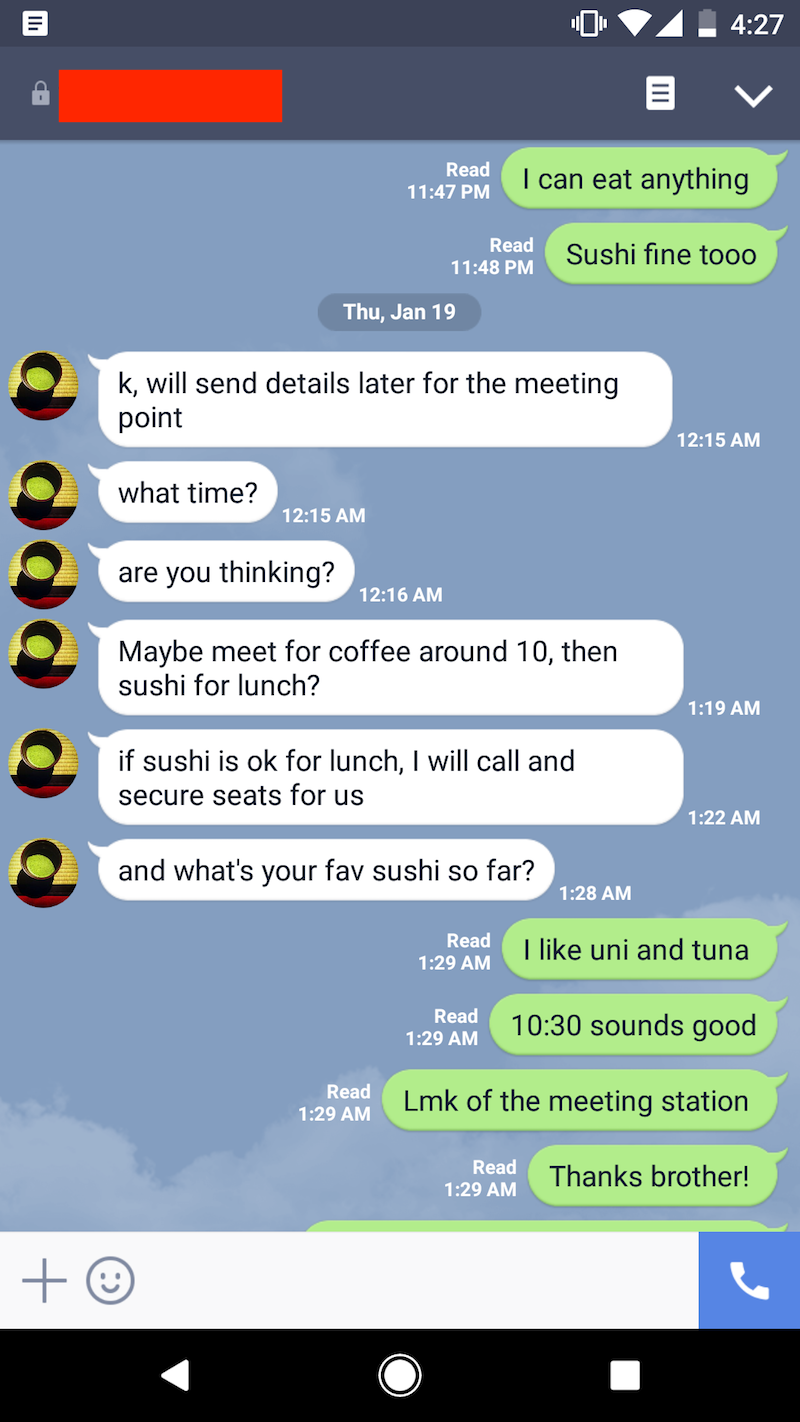
Although our meeting was supposed to be all about him, Nohara was already tailoring my experience with him based on what I liked to eat.
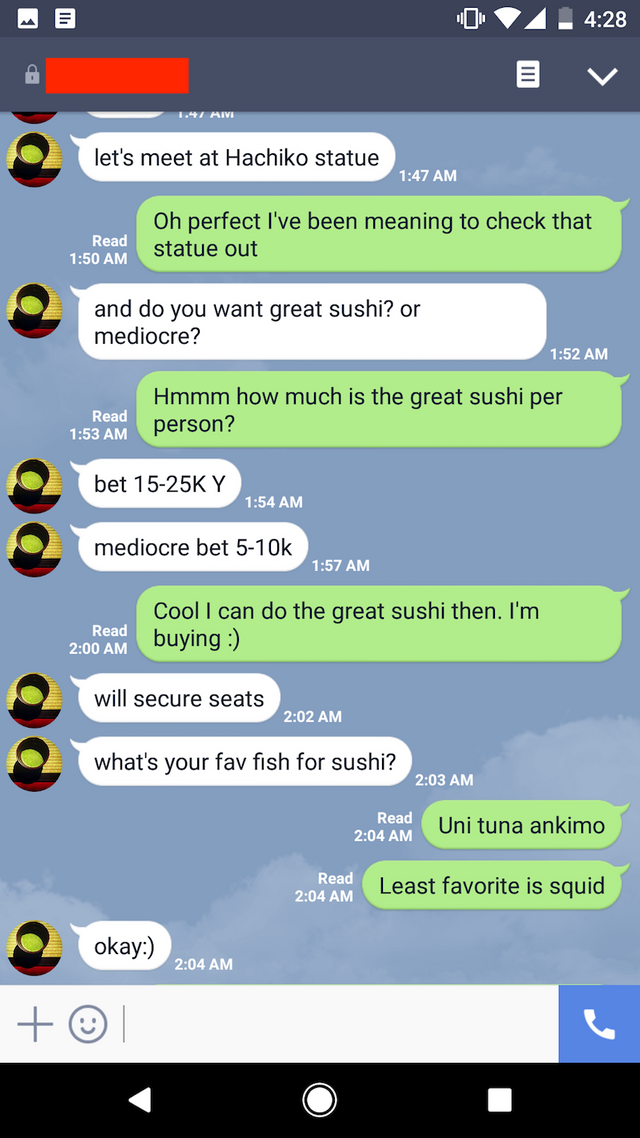
We met at the famous Hachiko dog statue in Shibuya. Like most Japanese people, Nohara was right on time. Like most people from Los Angeles, I was 15 minutes late.
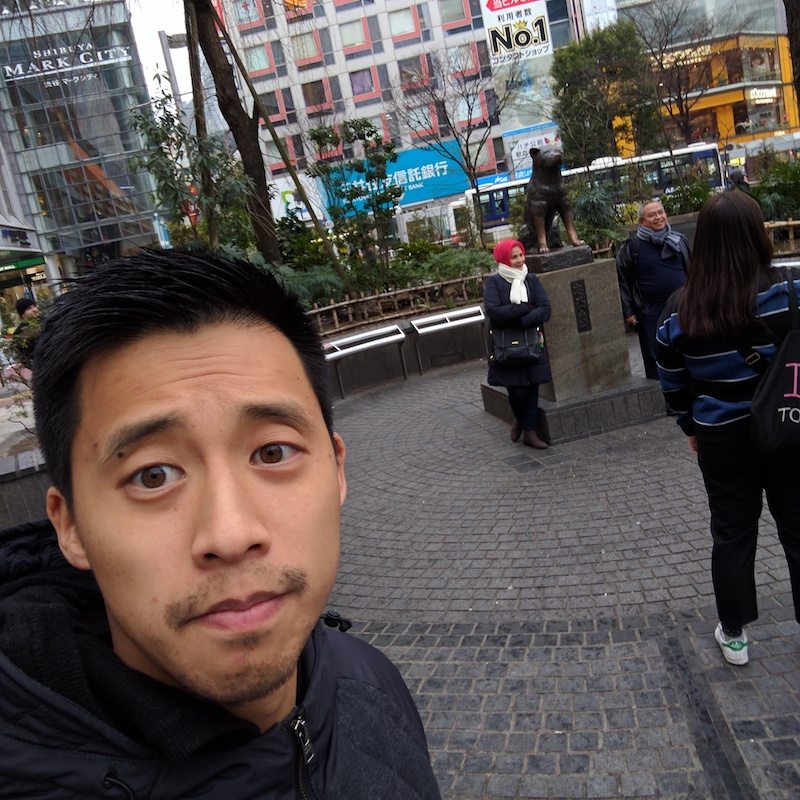
My first reaction to meeting Shinji Nohara was that he was very warm and welcoming. After exchanging some brief small talk, we walked over to a local coffee shop and I began getting to know the famous “Tokyo Fixer”.
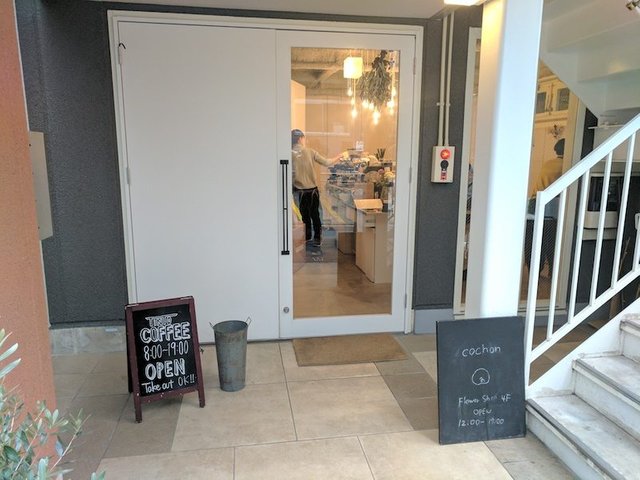
Born and raised in Tokyo, Japan, Nohara made a name for himself as a food writer for major Japanese publications. He’s pretty fluent in English and credits that to watching “Star Wars” as a kid.
“I always say I learned English from Obi-Wan Kenobi. I watched too much Star Wars when I was younger. I’ve already seen Rogue One seven or eight times,” Nohara told NextShark.
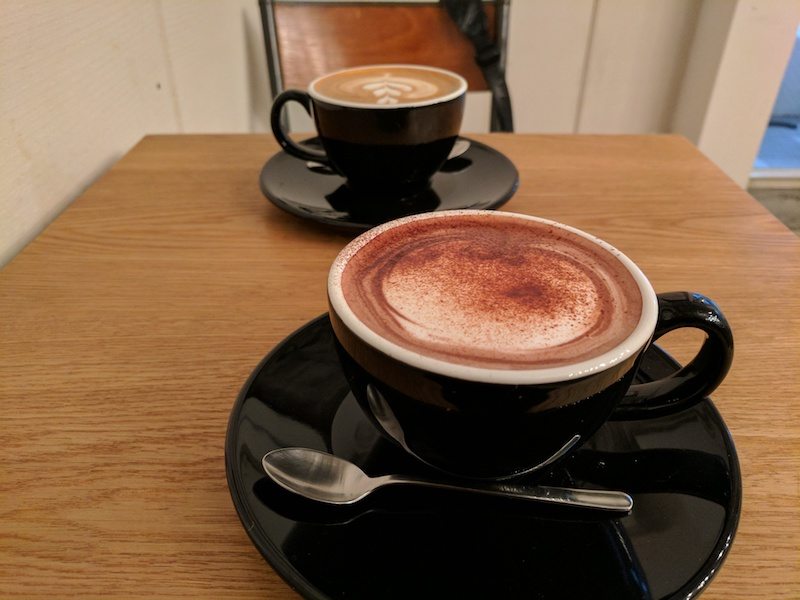
Nohara’s big break came when he hosted Anthony Bourdain on his first trip to Japan. Soon after being featured on his show, people started contacting Nohara to hire him for their trips to Japan.
“I thought this kind of thing doesn’t come often. Maybe once a month or so,” Nohara said.
As tourism in Japan became more popular, Nohara’s clientele grew so much that he quit his day job altogether and became the “Tokyo Fixer” full-time.

Unfortunately, booking Nohara is not easy. Pricing starts at $780 per day depending on the client’s needs and that’s not including travel and accommodations if Nohara travels with you.
“In most cases, they want to hire me for the whole trip. Not only Tokyo, but all over Japan. You can save a lot of time,” he said.
Despite all this, client demand remains high and Nohara’s schedule is constantly full.
“I get lots of honeymoon couples. Many couples choose Japan because of the variety of food choices like sushi, wagyu beef, yakitori, tempura, and ramen,” he said.
“One of the clients for some reason he wanted to meet a Yakuza member!” He said with a laugh. “As long as it’s legal, I can do it.”
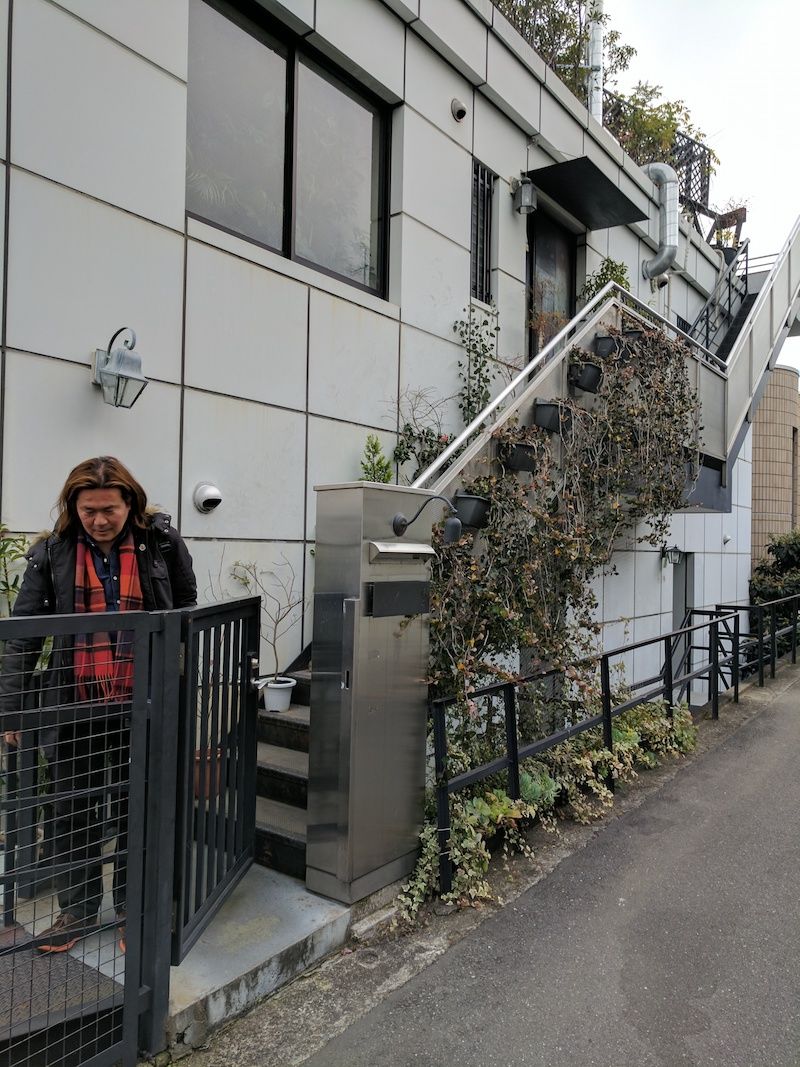
After a short chat, it was time for the main event: Sushi. As we took our 20 minute walk to the restaurant, I noticed Nohara was taking me through these small street and back alleys.
“I like wandering around the city during my free time. I’ve found that the good restaurants typically have small signs — Japanese signs only,” he said. “In most cases, they are hidden — basement floor, second floor, or the backstreets — they’re never out in the main streets. No shiny signs with picture menus.”
To give me an example, Nohara suddenly stopped during our walk and turned towards me.
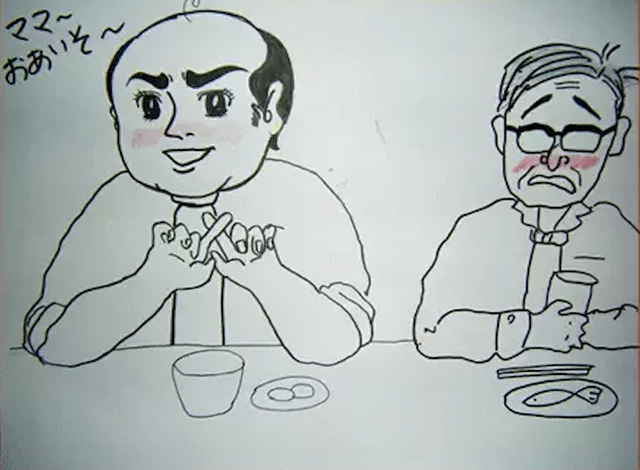
“See these stairs and lead up to that door?” Nohara asked me before leading me up a random flight of stairs to a mysterious door with nothing on it. “That is a restaurant.”
He then opened the door to show me a fully functional restaurant equipped with an open kitchen. There’s nothing outside the building that gives off even the slightest clue that food is served there.
“Most restaurants that target locals get customers by word of mouth. They don’t advertise, they don’t even have a website these days. Why? Because space is limited. In most cases, they have 8 – 10 seats max,” he said.

Nohara likes restaurants where customers can interact with the chef and listen to the stories behind the dishes they prepare.
“I don’t like closed kitchens,” Nohara said. “Even yakitori places you’ll see the kitchen. You need to be able to ask questions like ‘where is the food from?’ If they can’t answer it, that’s a bad sign. Even with language barriers, they should at least try to explain.”
Nohara chose to take me to Sushi Shin, a small sushi bar run by chef Shintaro Suzuki. His restaurant has received a Michelin Star six years in a row. Typically, you’d probably need to book at least one month ahead, but Nohara got us reservations in less than 24 hours — because, well, he’s the Tokyo Fixer.

Once we got to the restaurant, I proceeded to have the best sushi experience of my life. However, I’ve only had high quality sushi in the U.S. up until this point. This was also literally my first time trying Michelin-starred sushi so take what I say with a grain of salt.
While I couldn’t wait to take photos of everything that was about to go into my mouth, Nohara cautioned that I should probably limit that as most chef’s wouldn’t really like it.
“Only certain places will actually serve you real wasabi,” Nohara said as we received our first piece of sushi.
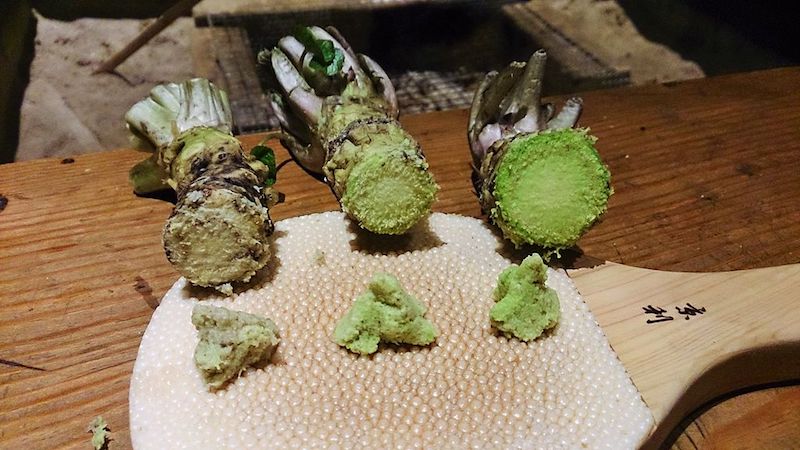
Apparently, real wasabi is extremely expensive and will start losing it’s flavor 15 minutes after you grind it. For that reason, real wasabi needs to be prepared and served immediately.
“Any restaurant that claims to serve real wasabi needs to actually grind the root in front of you,” Nohara said.
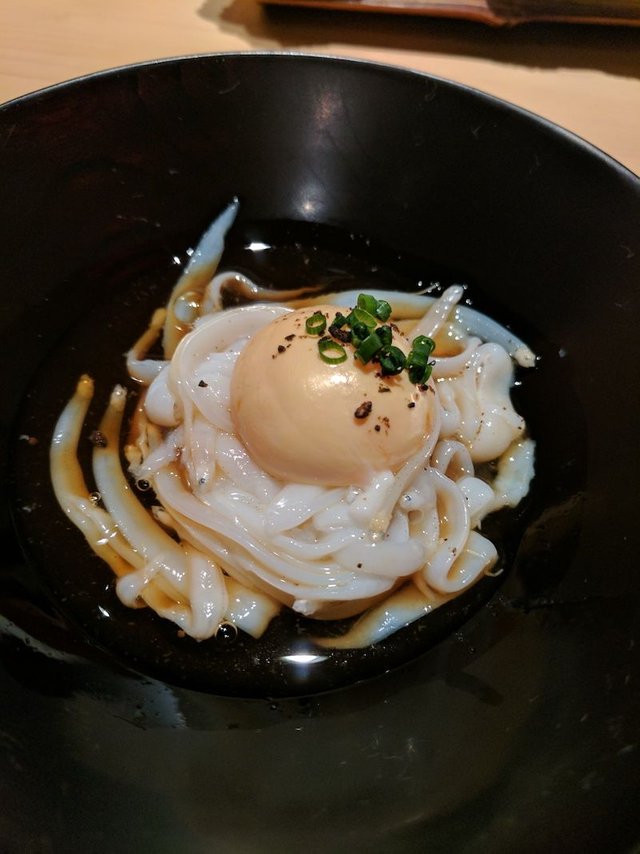
The food was immaculate and absolutely the best sushi sushi I’ve ever had. Their fish was extremely fresh, which is not a surprise considering they get it from Tsukiji every morning.
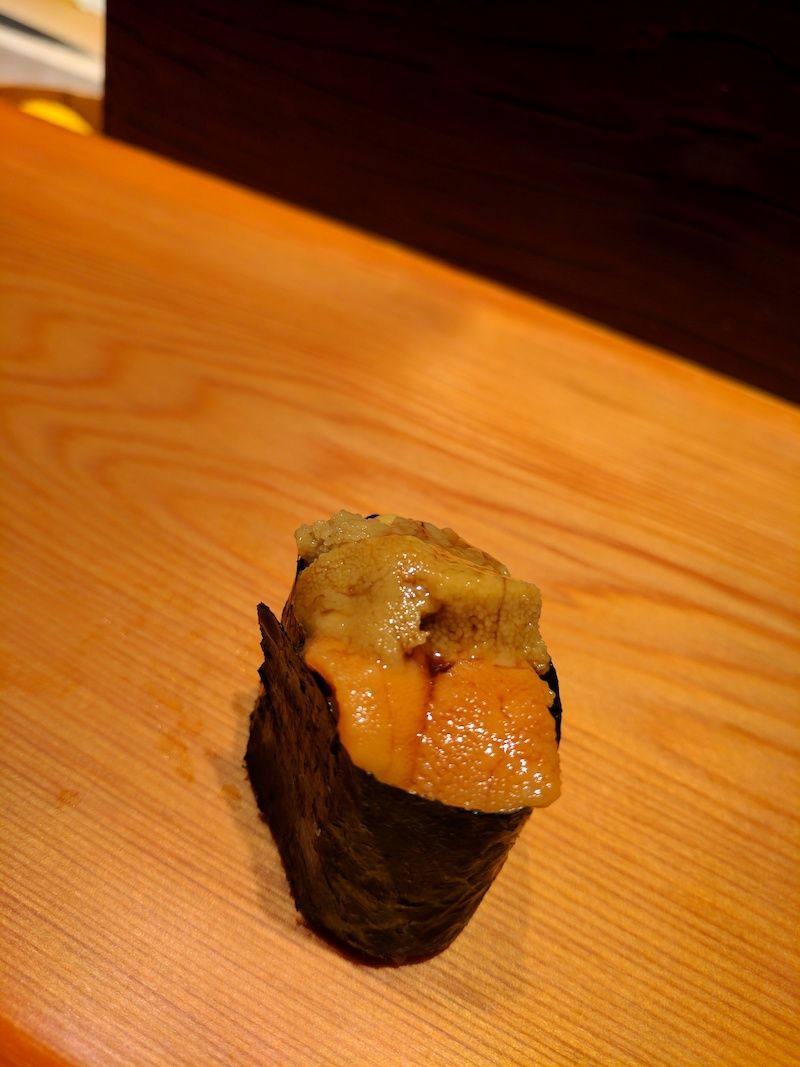
They focused on all the little details to make the fish taste better. I remember watching the sous chef press a single piece of scallop with his fingers for 15 minutes to make it more tender for consumption.
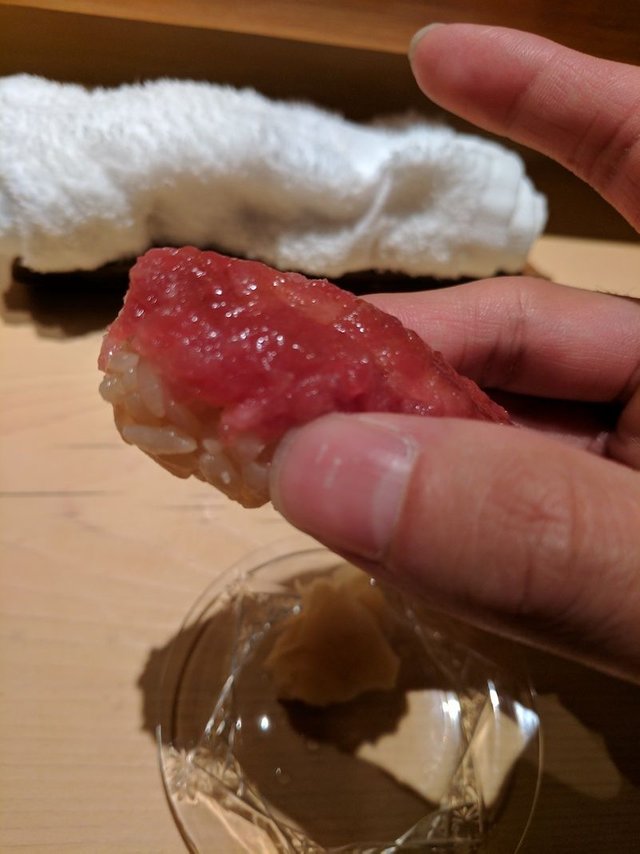
As we were eating, I found it fitting to ask Nohara about the famous Jiro sushi. Naturally, Nohara has frequented the restaurant so many times he’s lost count. However, despite clients constantly requesting him to make a reservation at the coveted restaurant, Nohara believes the place is a little over-hyped.
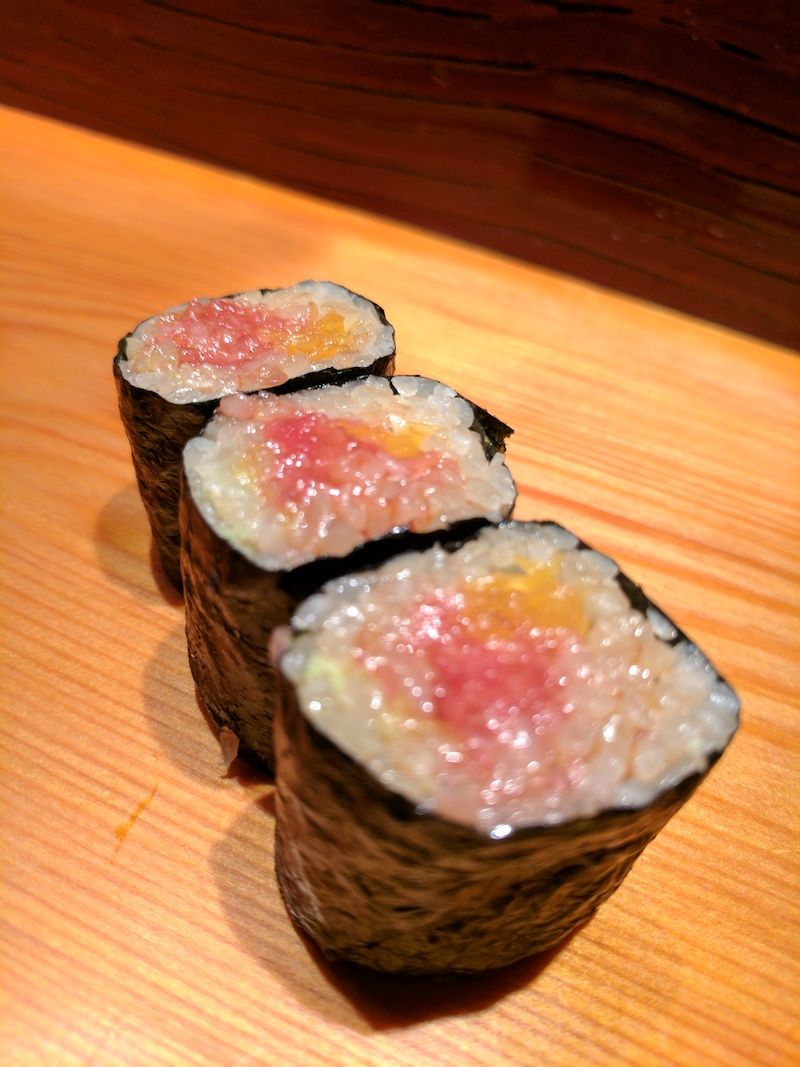
“If you have the chance, of course you should try. But, to be honest, it’s not like it will change your life. It’s not a place where you enjoy the meal.”
Nohara believes that the food is great, but some people could be put off by the pace in which Jiro serves his customers. The meal typically lasts only 20 minutes and you may feel rushed.
Additionally, they allegedly have this weird rule where you can’t cross your legs when sitting down. Despite all this, Nohara admits that this doesn’t dissuade his clients from trying to book a reservation.

As we were finishing the meal, Nohara started steering the conversation over to me and asked me what are things I’d like to see in Japan. I told him I liked sweets and pastries. He then proceeded to give me some tips.
“Have you heard of the Balmuda toaster? It’s a single toaster that costs around $250 bucks. They studied how to make the perfect toast and invented a toaster for it. You can taste the bread at Centre the Bakery in Ginza.”
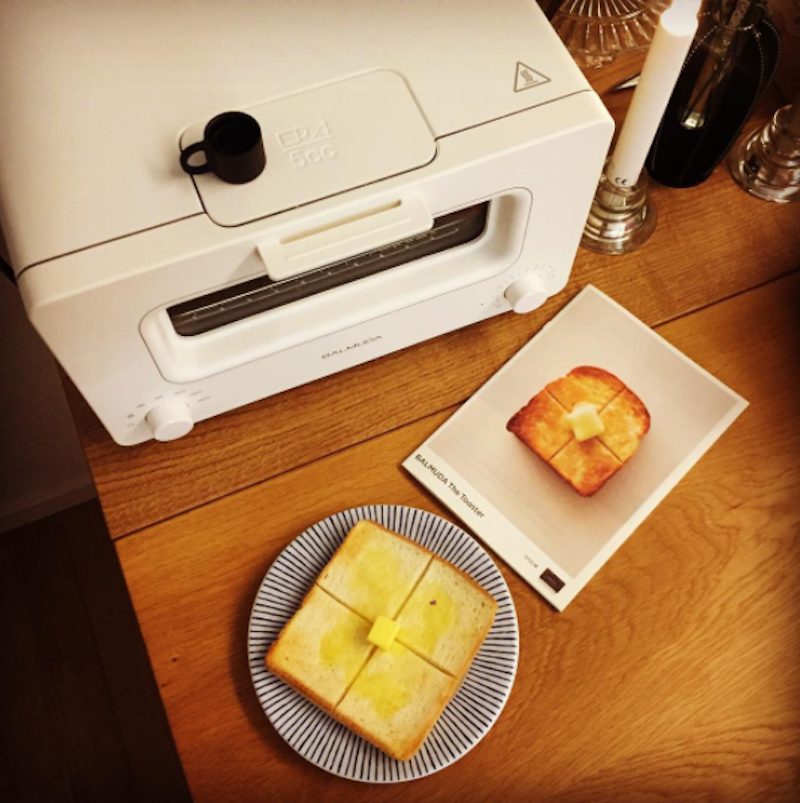
For pastries, Nohara recommended Hidemi Sugino in the Kyobashi District. The chef was the first Asian person to win the La Coupe du Monde de la Pâtisserie, the world cup of pastries, in 1991. He makes a limited amount of pastries everyday and most are usually sold out within one hour.
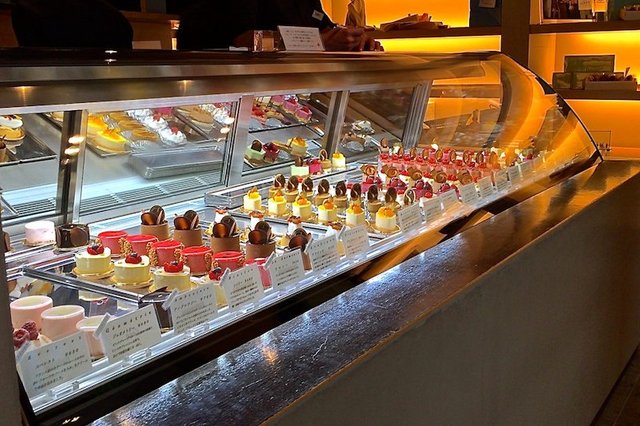
This is exactly how the Tokyo Fixer works. While he does a lot of pre-planning when figuring out his client’s schedules, he also likes to “wing it”.
“I don’t like to plan 100%. I like to play things by ear,” Nohara said.
As you interact with Nohara, he’s also carefully listening to what you say and taking mental notes of where to take you next. For example, during our conversation, I mentioned that like drinking single-sourced organic coffee.
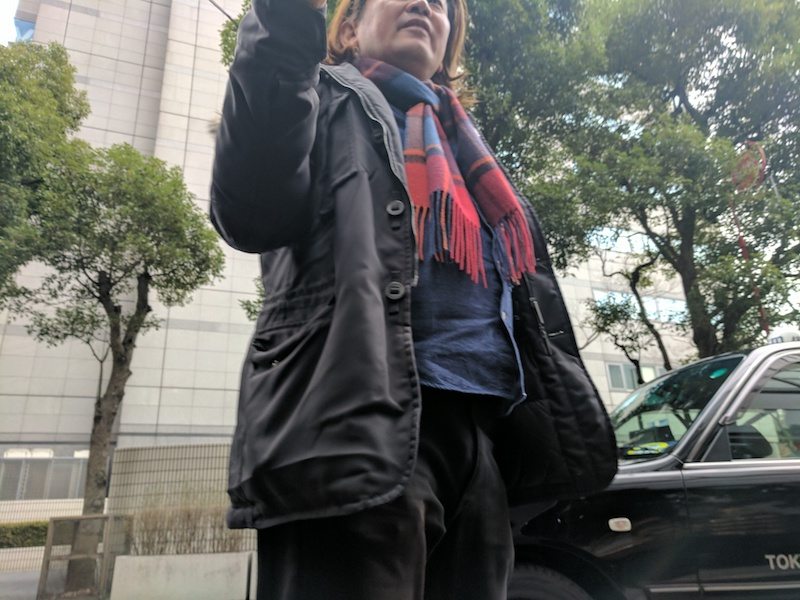
“Oh! I know the perfect place to take you. It’s close by and they have an amazing chocolate cake,” he said.
Our lunch bill came out to be around $270 for two people — definitely not a bad price for Michelin-starred sushi. We then took a short stroll and went inside a coffee shop known for their single-source coffee and chocolate cake. All the coffee here is meant to be enjoyed straight, so you won’t find cream and sugar here.

Of course, not everyone can afford Nohara’s rate, so he concluded our interview by leaving a few tips for travelers visiting Japan:
1.) Find and ask locals where their favorite spots are. Japanese citizens are typically kind and will often go above and beyond to help you.
2.) Instead of walking on the main streets, explore the back alleys and streets.
3.) Avoid places with picture menus and make sure it’s an open kitchen.
After a nice chat and meal to finish off our time, Nohara made an interesting hand signal to the waitress.

“This mean you want the check” he told me.
My only regret meeting Shinji Nohara is that I couldn’t spend more time with him. His wealth of knowledge on what Japan has to offer is unparalleled. Spending only three hours with him made me realized why he’s so highly sought-after and charges so much.
“If you travel with me in Japan, you will not miss anything,” he said.
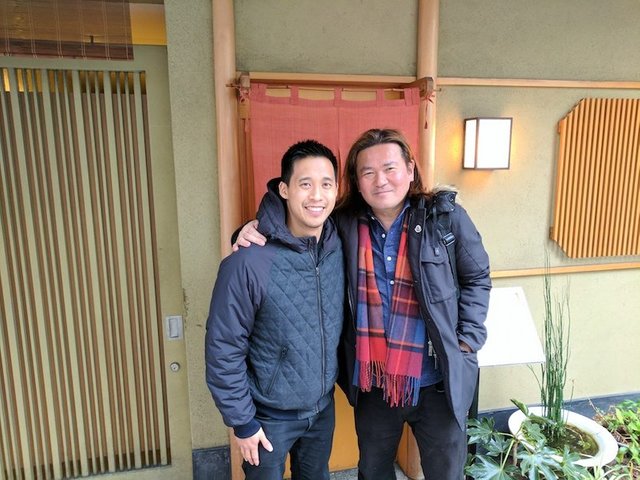
Excellent write!
Downvoting a post can decrease pending rewards and make it less visible. Common reasons:
Submit
Hi! I am a robot. I just upvoted you! I found similar content that readers might be interested in:
https://nextshark.com/shinji-nohara-tokyo-fixer/
Downvoting a post can decrease pending rewards and make it less visible. Common reasons:
Submit
Congratulations @bennyluo! You have completed some achievement on Steemit and have been rewarded with new badge(s) :
Click on any badge to view your own Board of Honnor on SteemitBoard.
For more information about SteemitBoard, click here
If you no longer want to receive notifications, reply to this comment with the word
STOPBy upvoting this notification, you can help all Steemit users. Learn how here!
Downvoting a post can decrease pending rewards and make it less visible. Common reasons:
Submit
Congratulations @bennyluo! You received a personal award!
You can view your badges on your Steem Board and compare to others on the Steem Ranking
Do not miss the last post from @steemitboard:
Vote for @Steemitboard as a witness to get one more award and increased upvotes!
Downvoting a post can decrease pending rewards and make it less visible. Common reasons:
Submit
Downvoting a post can decrease pending rewards and make it less visible. Common reasons:
Submit